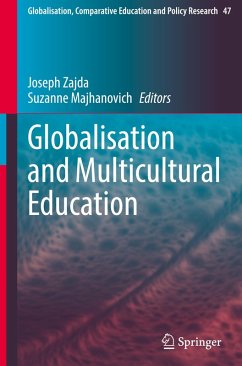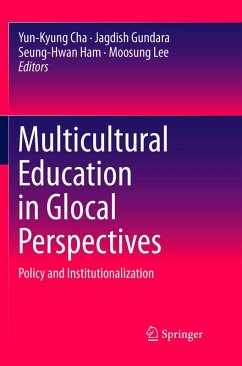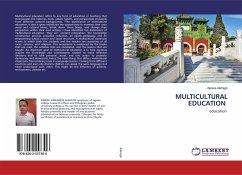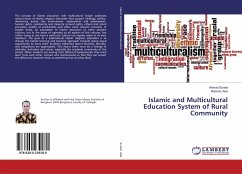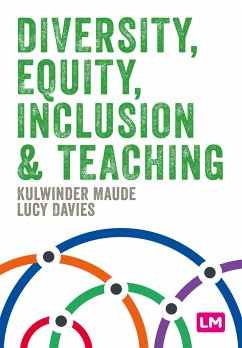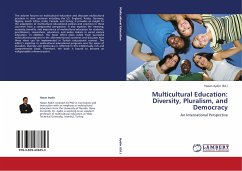
Multicultural Education: Diversity, Pluralism, and Democracy
An International Perspective
Herausgegeben: Aydin, Hasan
Versandkostenfrei!
Versandfertig in 6-10 Tagen
51,99 €
inkl. MwSt.

PAYBACK Punkte
26 °P sammeln!
This volume focuses on multicultural education and discusses multicultural practices in nine countries including the US, England, Russia, Germany, Nigeria, South Africa, India, Canada, and Turkey. It provides an insight to the adaptation of multicultural educational policies and practices in these countries from a comparative perspective. It also explores the meaning, necessity, benefits, and importance of multicultural education for students, practitioners, researchers, educators, and policy makers in social science education. In addition, this book offers ideas culled from successful multicu...
This volume focuses on multicultural education and discusses multicultural practices in nine countries including the US, England, Russia, Germany, Nigeria, South Africa, India, Canada, and Turkey. It provides an insight to the adaptation of multicultural educational policies and practices in these countries from a comparative perspective. It also explores the meaning, necessity, benefits, and importance of multicultural education for students, practitioners, researchers, educators, and policy makers in social science education. In addition, this book offers ideas culled from successful multicultural programs in the aforementioned countries and discusses how these ideas can be implemented in Turkish educational context. The editor's expertise in multicultural educational programs and the issues of pluralism, diversity and democracy is reflected in this intellectually rich and comprehensive book. Therefore, the book is bound to become an indispensable reference-point.



